Dirty Keto V’s Sustainable Keto
An important point to consider is the quality of the food you’re consuming on or close to a Keto diet. The Keto diet has taken the world by storm but it wasn’t long before the type of Keto diet I prescribe got moulded, pushed, pressed and squeezed into a new version. Version 2.0 comes with all the bells and whistles of an indulgent western diet - it literally took all the dirty fatty food from the western diet and listed them as go-to’s for keto - ‘Dirty Keto’ was born. This approach ensures your macro-nutrients line-up nicely, but little to no attention or respect is paid to your micronutrients. Its rather counter-intuitive in my mind and defeats the purpose - but that's human nature I guess and the world we live in - that a diet can be bent in order to include the indulgences people love irrespective of the negative impact of those foods. Dirty Keto is v2.0 which isn’t an improvement on the previous version. A quick internet search will reveal keto-friendly meals full of processed cheese, whipped cream, and ice cream. Dirty Keto is the intersection between the keto diet and the western diet, marked by convenience foods and processed foods. Sure it’s possible to get into nutritional ketosis through v2.0 but you have to question the ‘information’ you’re providing your physiology - are the inputs the right inputs? Anecdotally I’ve heard of subscribers of this version scoffing KFC or McDonalds burgers sans bun of course. Again, it comes down to which lens you are viewing health through - to me it should be viewed through the smallest moving part - cells! When you view personal health through cellular health or specifically mitochondrial health that’s when the needle moves the most. Subscribers of Dirty Keto are looking at health through the lens of ‘Keto’ which is somewhat out of focus. To ensure we are giving our cells the right inputs we should be focusing on nutrient density of foods over just calories. It’s not that calories aren’t important, they are, particularly if achieving a certain body composition is important but it matters for your health where you’re getting those calories from.
If I had a dollar for every time I’d heard “food is energy” I’d have $375,973 and I could be writing this from a comfy chesterfield rather than a wonky chair salvaged from a council clear-out. Yes, sure, food is energy - every food label comes with the number of kilojoules/calories indicating its energy value….but it’s so much more than that. The notion that food is energy is half the picture to me and perhaps I heard it more than most during my time own the fitness industry when fitness bods need to replenish energy lost during training or priming themselves with energy ahead of their session. Its very plausible to maintain an ‘ideal’ body composition whilst keeping one eye fixated on calories (energy) but at the same time be unhealthy. I covered this area in The Keto Diet, but let’s have a quick look again. Body shape is not a marker of health and it’s health I’m concerned with…bottom line. Yes, you can have both….and that’s ultimately what will happen, if we supply our physiology with the right inputs. Health is a marker for health! Might sound a little vague but we should look a little deeper than just body composition. There are subjective measures, including vitality, energy, mood, cognitive function, alertness, memory recall and focus or more objective measures such as LDL/HDL ratio, inflammatory markers, WBC count, RDC count, iron levels etc - all the latter ascertained through blood tests. Both the subjective and objective measures of health are more reflective of your health than body composition. I’m sure we all know friends or people in the media who have a body image we find desirable - I certainly do, I’m guilty of comparison from time to time….although it doesn’t serve me or us. For me, it’s a strong athletic guy with muscular definition, vascularity, and low body fat percentage. I personally know plenty of guys who fit the bill, but I also know what they eat and how they experience food is a little different to me. To them food is energy and that energy fits their energy requirements - in and out of the gym. The guys that exhibit the type of body I aspire to on occasion are gifted with great genetics, good bio-mechanics, combined with hard work in the gym…sometimes that’s where it ends. The concept of food being anything more than energy is alien to them. For woman the aspirational body type is often a flat stomach, no cellulite, thigh gap and thin arms - again, this can be achieved via genetics and monitoring energy intake vs output and be present in the absence of healthy food. Body shape is NOT a marker for health, but being healthy will 99/100 result in good body shape so why not aim for best of both worlds. Have your cake AND eat it….sorry that should have read - have your kale and eat it. We are all geared differently and have different nutrient requirements BUT no one thrives on a poor diet. By refocussing the lens for health onto your cells and not body shape it’s within us all to have health, longevity, vitality, energy, focus, alertness - in fact, I’d go as far to say it’s our birthright. It’s our genetic blueprint to be all those things, however, the western diet and lifestyle have interfered with this relationship between food and health. We don’t have to look too far back in our human history to get an understanding of how our diet and lifestyle has altered. For some us it’s only a few generations, for those millennials reading this you might need to google, but we haven’t always eaten highly processed foods - rich in carbohydrates and led sedentary lifestyles. Our ancestors would have been active, eaten only natural foods, eaten only organic and not had their face glued to a screen…true story! Dirty Keto is not sustainable for health or the planet. However, eating keto or close to it in a manner that includes natural foods, organic where possible with ethical meats is sustainable for your health AND the planet. As Michelle mentioned in her journey through veganism and now a primal/paleo lifestyle is not about one particular diet over another it comes down the food sovereignty and the QUALITY of the food consumed.
Your physiology is robust enough to tolerate some indulgences from time to time but if you give your cells good quality inputs consistently, over a long period of time (your masterplan) you will thrive and be entitled to all the wonderful attributes associated with health - have your kale and eat it!
Some food which are nutrient-rich and keto-friendly include:
Liver - Vitamins A, D, E, K, B12 and folic acid, copper and iron
Egg - Vitamin A, choline, folate, selenium, iodine, and omega-3
Kale - Vitamin A, K, C
Bone Marrow - Vitamin B12, glycine, glucosamine
Garlic - Vitamin C, B6 Manganese,
Ghee - Conjugated linoleic acid (CLA) Vit A, E, D
Coconut oil - Monolaurin - antibacterial, antiviral, and antifungal
Turmeric - BDNF promoting
Sea Salt - iodine, sodium, trace minerals
Seaweed - iodine, iron
Oysters - iron magnesium
Berries - phytonutrients, polyphenols
Fermented Foods - probiotics, vitamins A, B1, B2 and C
Crucfierous Vegetables - vitamin A, fibre, vitamin C and vitamin K
The version of Keto that I promote is most certainly sustainable for health, even if that means being on the fringe of keto and dipping in and out or simply embracing a low carb approach (upping carbs in relation to exercise output) and it can be sustainable for the planet if we choose foods which are responsibly farmed, fished and grown - in opposition to intensively farmed, fished and grown versions. It comes down to choices and the decisions around those choices are made every time you order food our shop in the supermarket aisle.


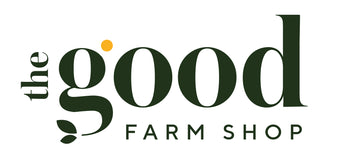
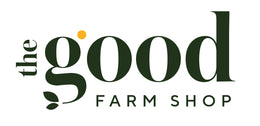
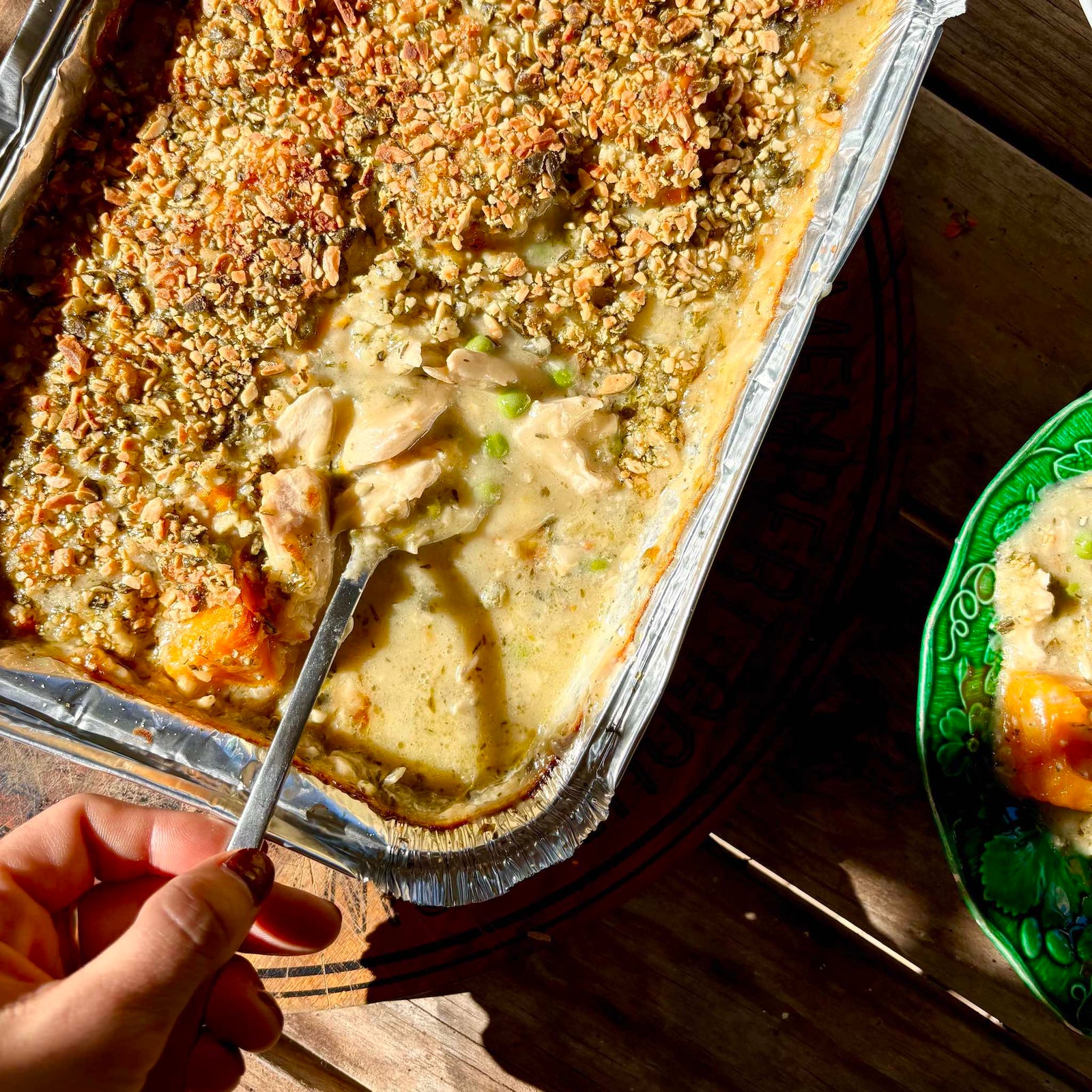
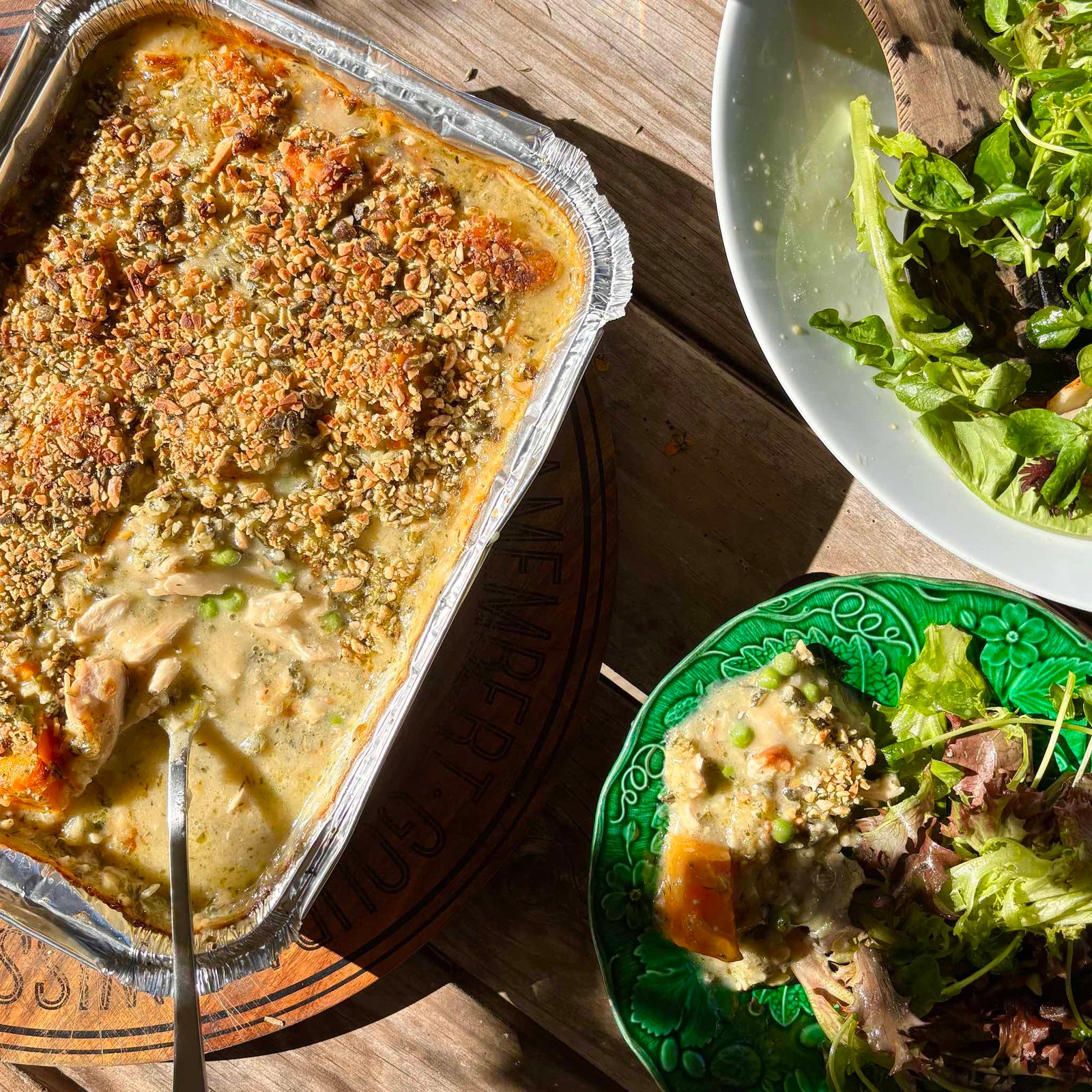
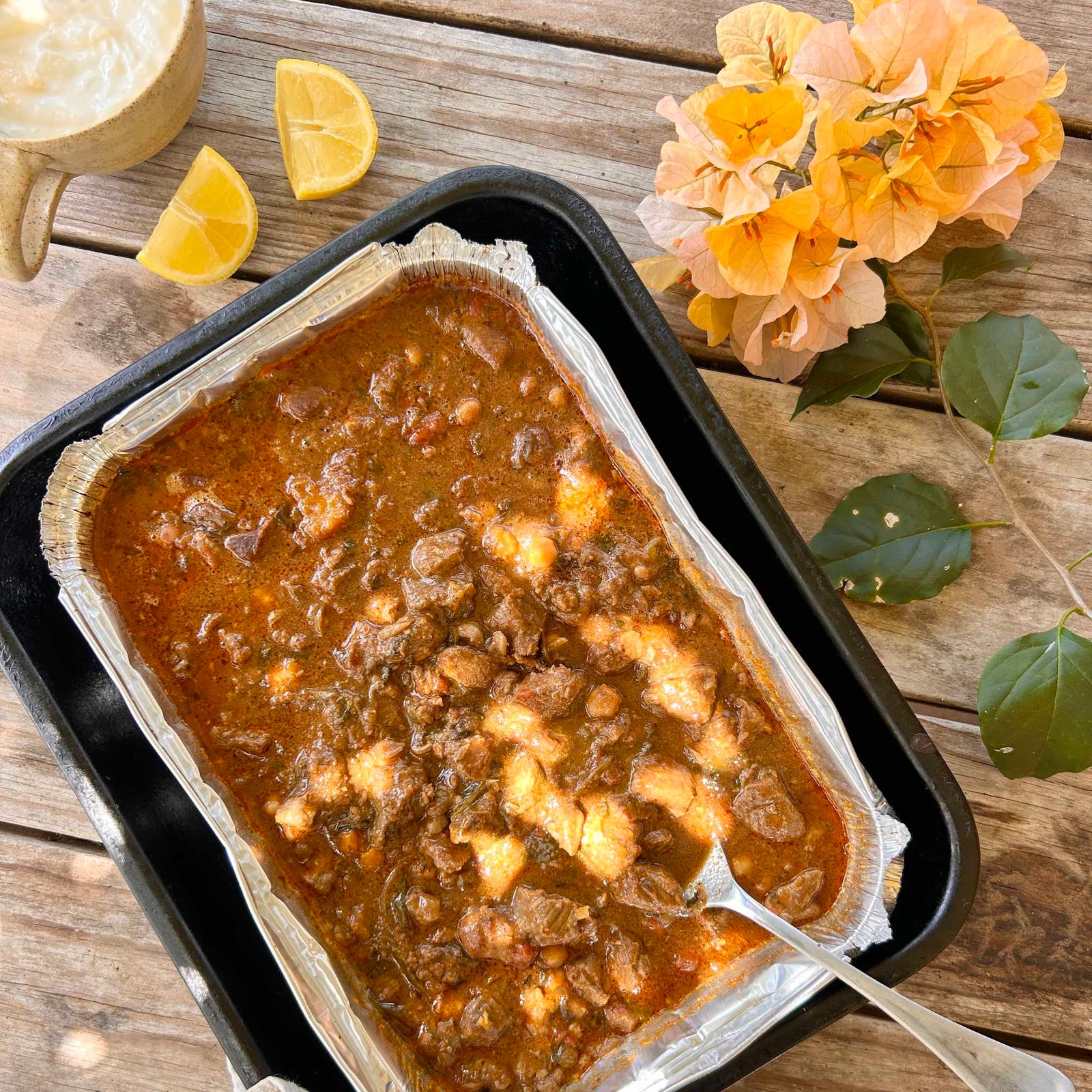

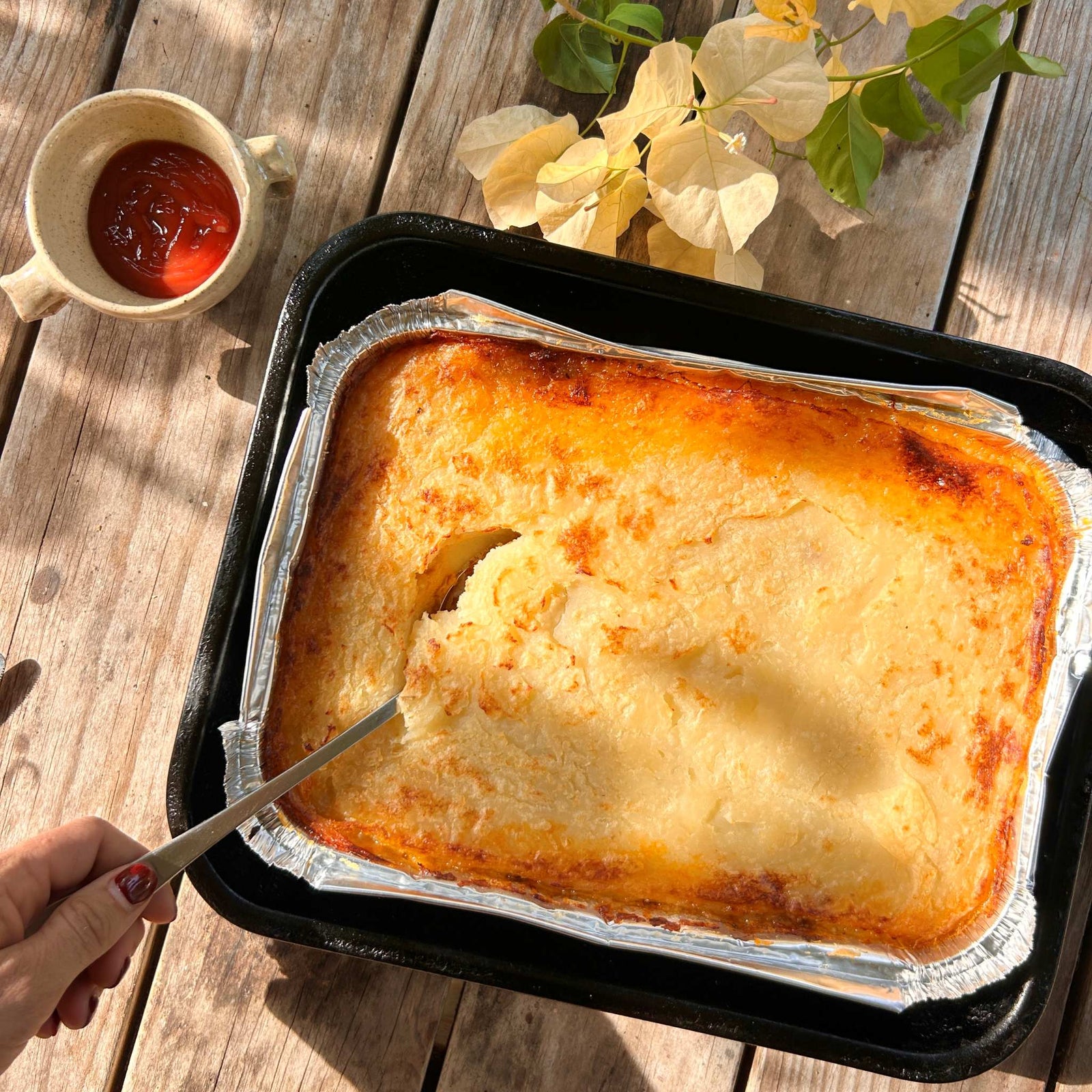





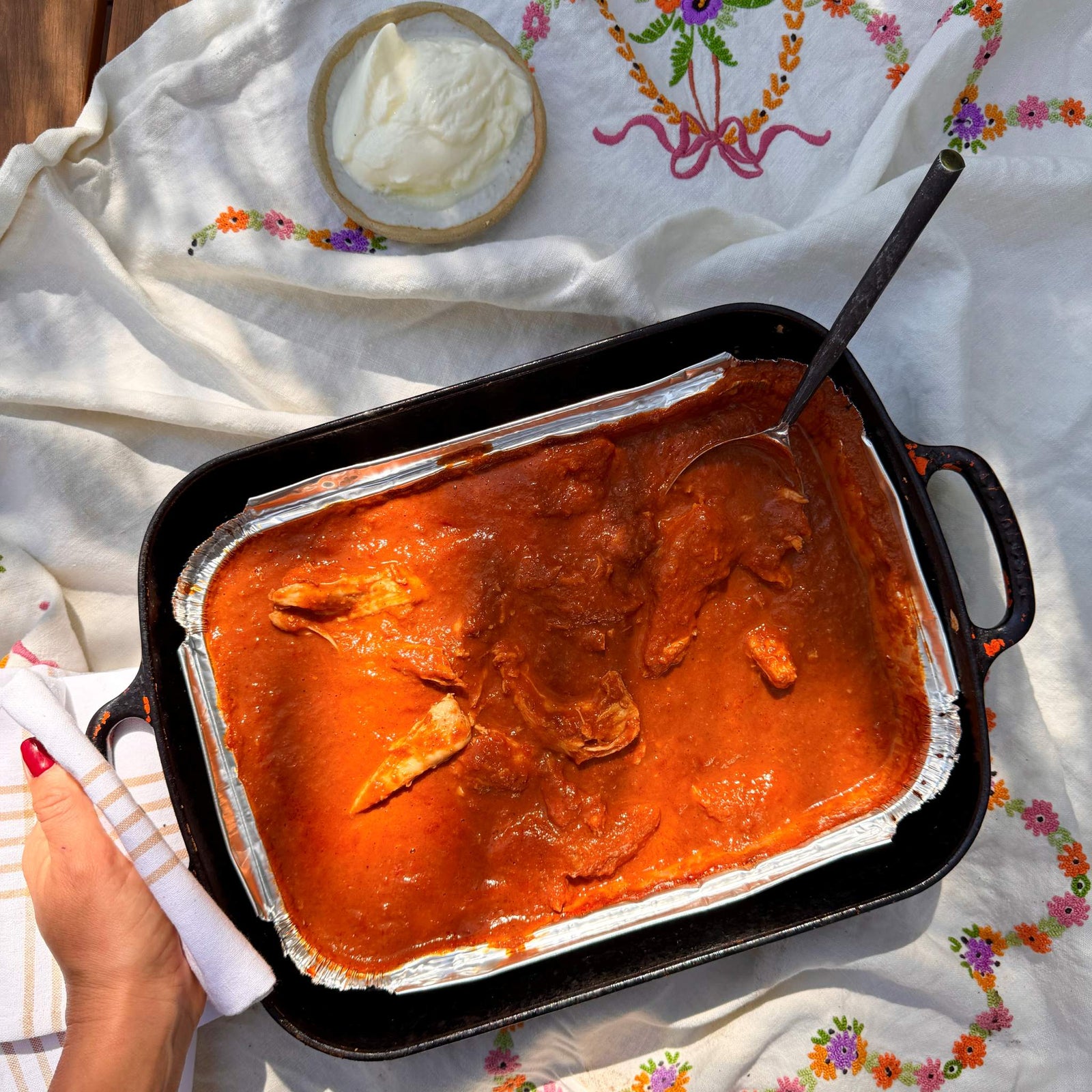

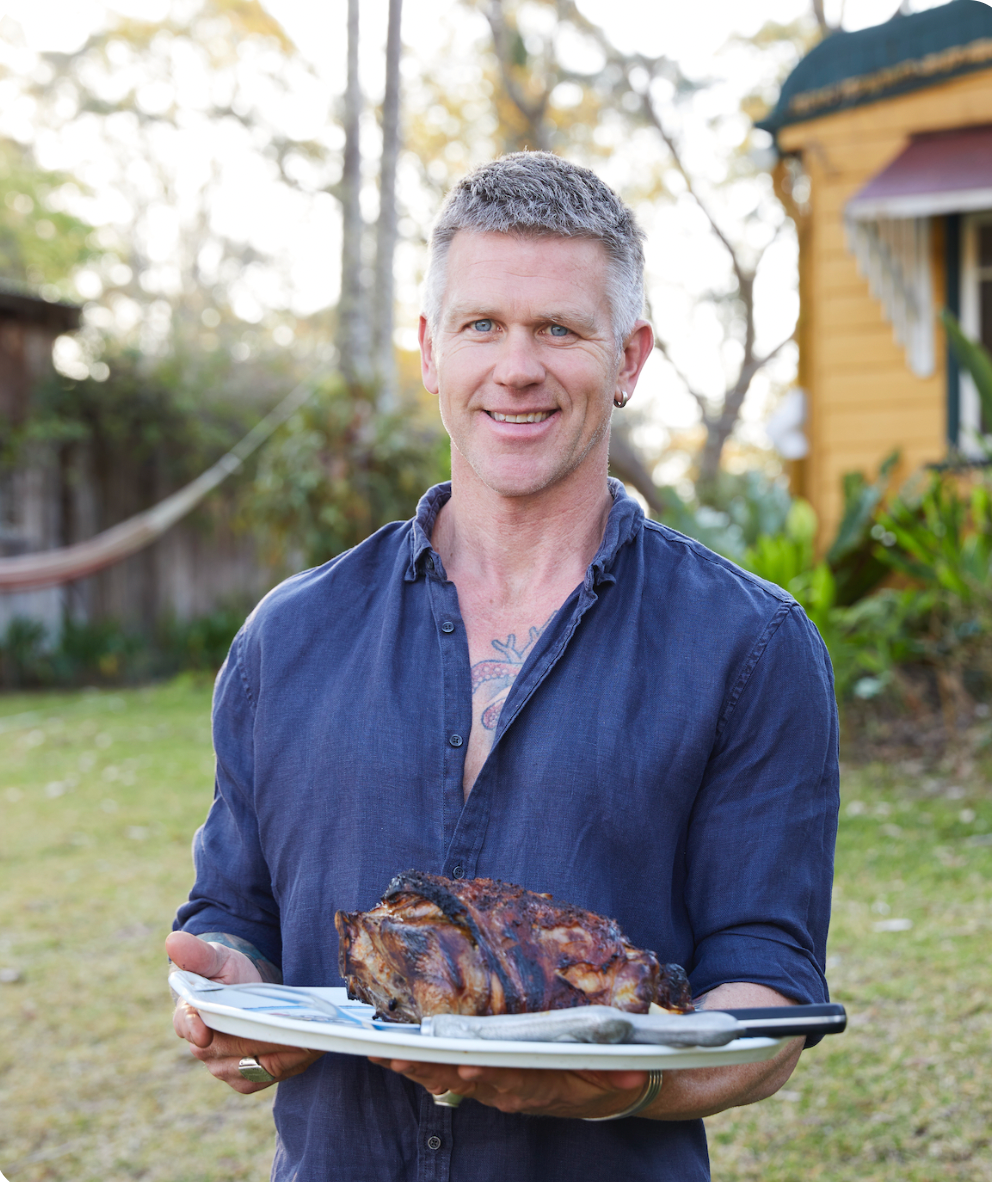
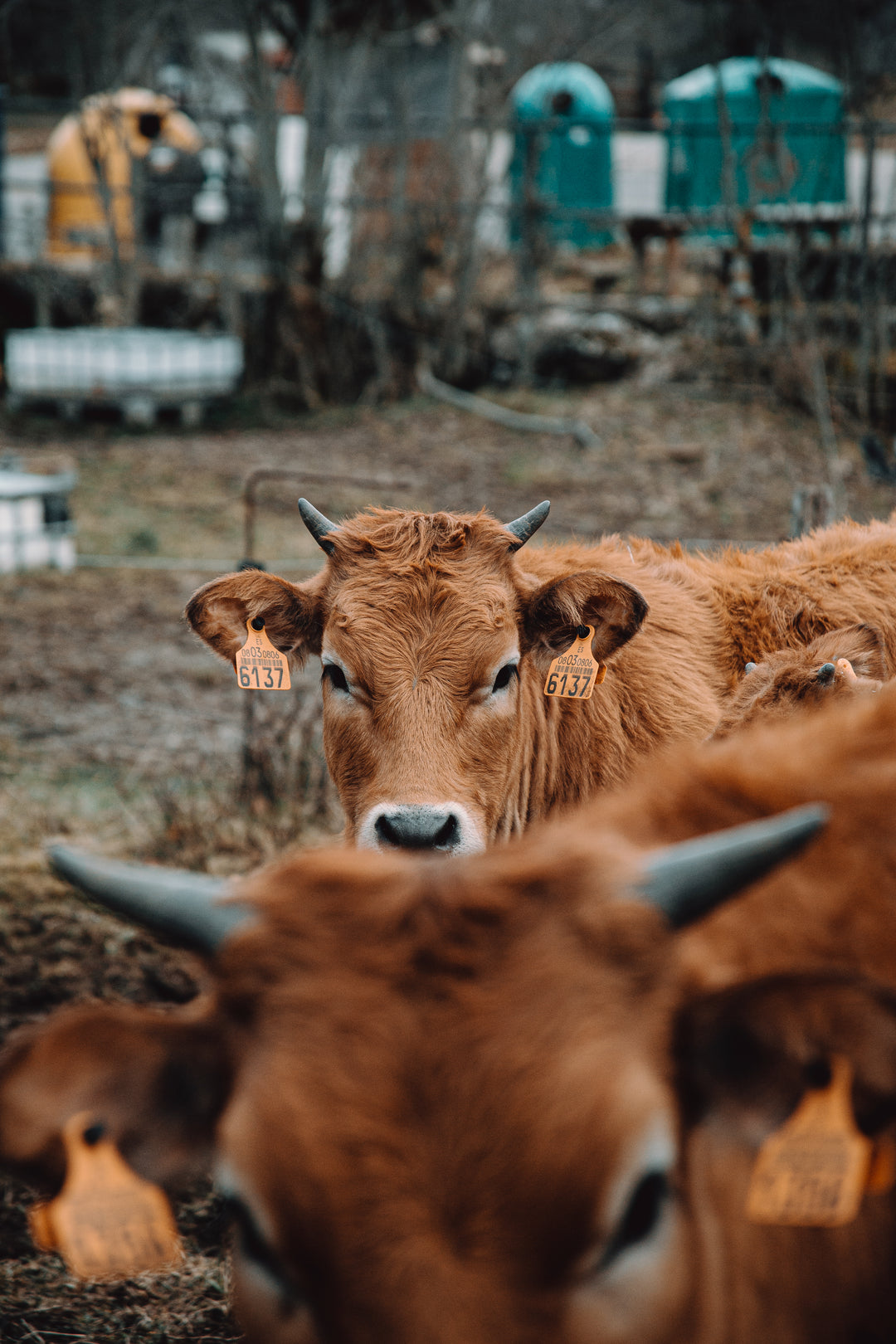


Leave a comment